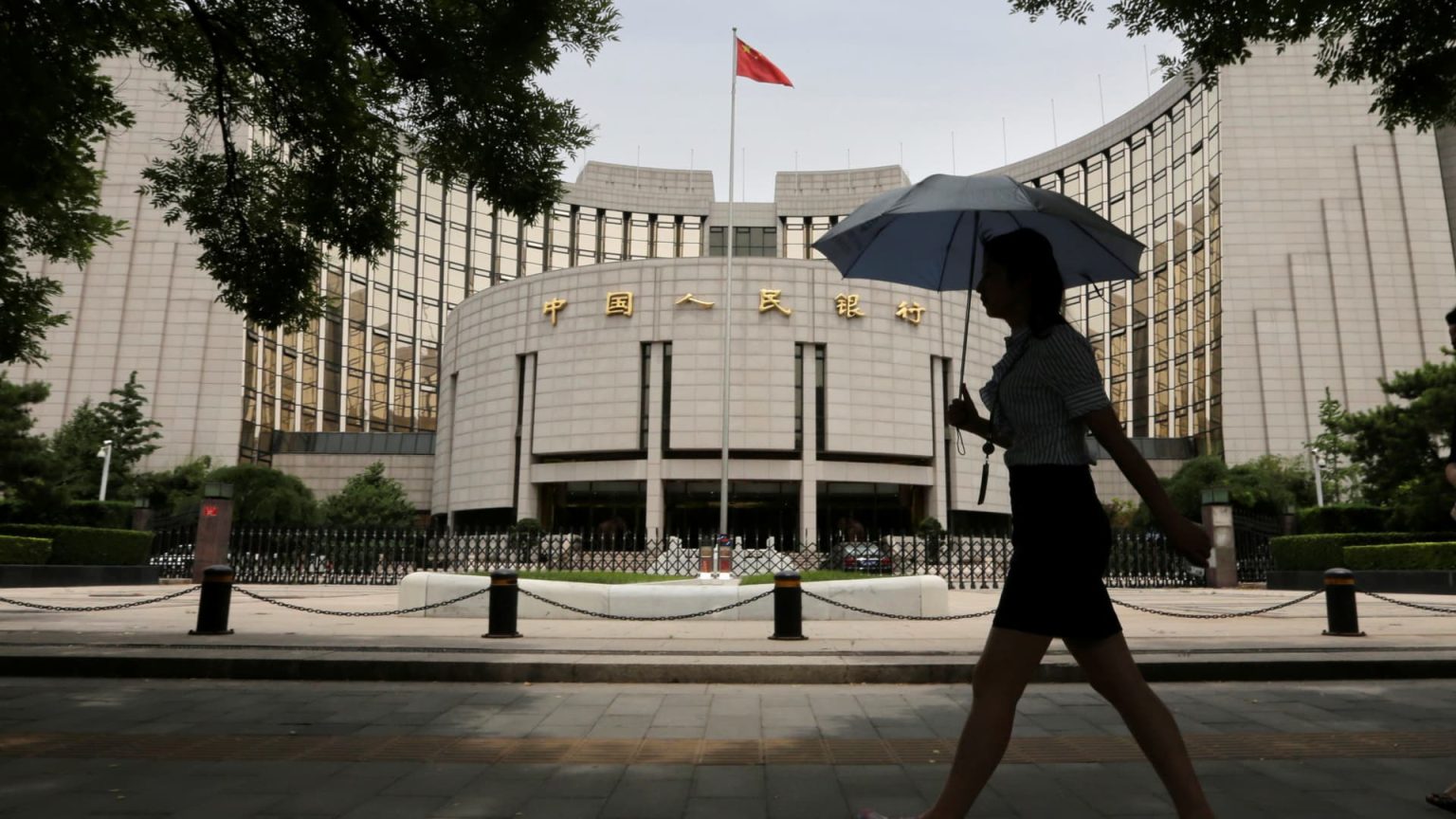The U.S. Federal Reserve is expected to begin easing its interest rates, which could lead to a positive impact on Chinese stocks. HSBC analysts predict that growth sectors in Chinese markets may see a rerating, with growth outperforming value. They highlight that earnings growth is key, particularly in sectors like semiconductors and consumer electronics which have shown strong performance in the first half of 2024. Global investors, however, believe that Chinese stocks require more than just monetary policy changes to become attractive, pointing to the importance of business fundamentals and macroeconomic conditions.
Chinese equities have seen stability this year, but have experienced significant declines in the past three years. Despite being attractively priced from a valuation perspective, Chinese stocks lack a fundamental catalyst for growth due to the lingering deflationary pressures in the economy. Former People’s Bank of China governor Yi Gang has emphasized the need to address deflationary pressures as a top priority. The government is urged to focus on boosting household spending and business investment to stimulate economic growth, as capital expenditures have dropped significantly in the first half of the year.
Businesses in China have been cautious about spending, with capital expenditures declining by 4% in the first half of 2024. While some sectors like internet, consumer, and auto companies have reported better results, the overall economy is facing challenges with deflation and lack of consumer confidence. The U.S. Federal Reserve easing its interest rates provides China with an opportunity to further cut its own rates and stimulate economic growth. Beijing is also issuing ultra-long bonds to support fiscal measures, but remains relatively conservative in its approach.
HSBC analysts believe that China equity markets could benefit from lower borrowing costs resulting from the U.S. Federal Fund rate cuts. They predict that the Wind All-A index and Hang Seng China Enterprises Index could generate positive returns in the 12 months following the Fed’s rate cut, assuming no U.S. recession occurs. In search of stocks that could benefit from lower borrowing costs, HSBC identified companies with a high debt-to-asset ratio, including Muyuan Foods, China Southern Airlines, and Hengli Petrochemical. These companies are expected to see revenue growth of more than 10% this year, according to the HSBC screen.
Overall, the U.S. Federal Reserve’s decision to ease interest rates is expected to have a positive impact on Chinese stocks, particularly in growth sectors like semiconductors and consumer electronics. However, China’s economy faces challenges such as deflationary pressures, cautious consumer spending, and declining capital expenditures. Investors are looking for fundamental catalysts to drive growth in Chinese equities, emphasizing the importance of business fundamentals and macroeconomic conditions. The government is urged to focus on stimulating household spending and business investment to boost economic growth and investor confidence.


